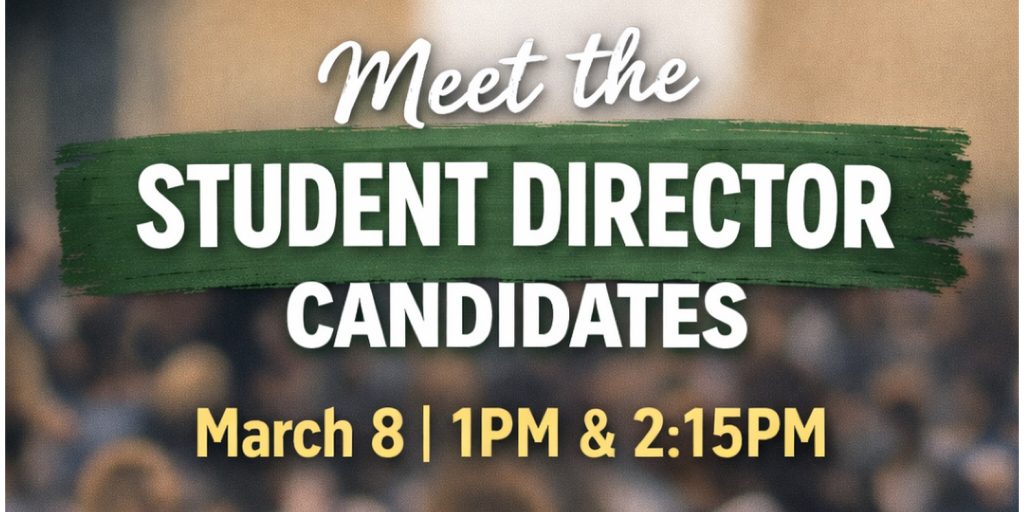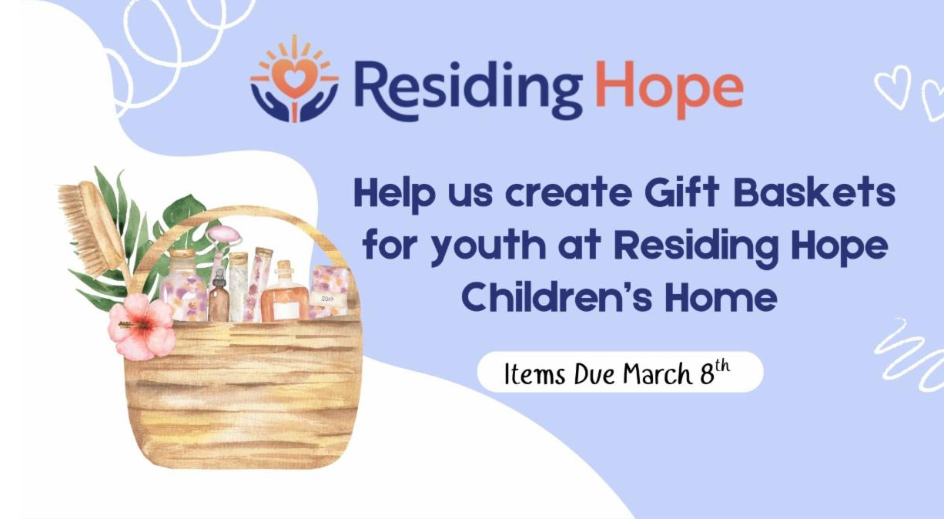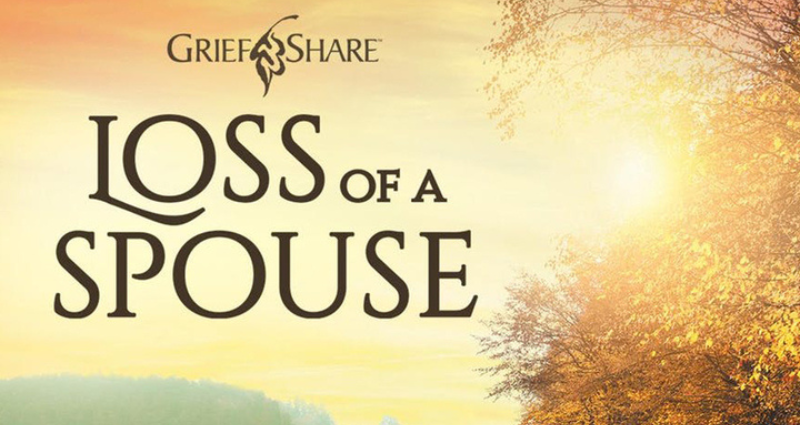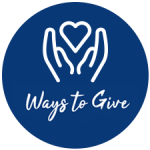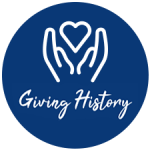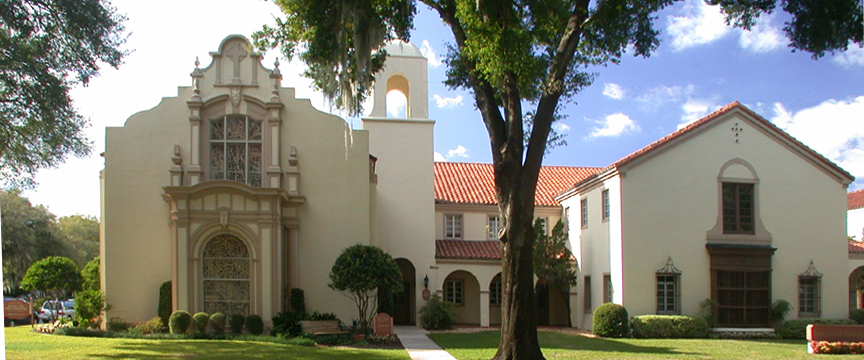After the summer serving as a host for the Center for Student Mission in Washington DC, I moved down to Williamsburg Virginia to work at a large nondenominational church as the director of high school ministries. The church had a sizable youth ministry and would take sophomores through just graduated seniors to Nicaragua each year for our summer international mission trip. One of the years we took 105 people when you add in staff and small group leaders, let’s just say that was the last time that we went with that many people!
Though not a text bookcase for the When Helping Hurts framework of missions we would always stay at the same place on the site of an orphanage outside of the capital, Managua. Many of the students from the church who came multiple years would develop relationships with the children living at the orphanage. These relationships were lubricated by numerous soccer games and conversations in broken Spanish. I can still picture Juanita who instantly gravitates toward Erin, my then newlywed wife.
Nicaragua is one of the poorest nations in Central America. I had been to Costa Rica in college, but Nicaragua, having gone through a civil war in the 80s, is noticeably still reeling economically and it is abundantly obvious wherever you drive. Corrugated metal was the building material of choice in the areas we went. I heard stories of residents of these Managua slums that when the power would go out would scurry up the pole to the power lines, somehow splice a new wire to the mainline to provide power in their homes with an old syringe serving as the light switch. I confess that I too often forget the daily blessings in my own life.
For the trips, we went with a Christian missions organization called Orphan Network. One of their strategies was to partner with churches located in the poorest areas of town to provide a feeding program for the children of the community. The goal was twofold, first to try to keep the children with their families so that they would not have to end up in an orphanage, and secondly to facilitate these children to go to school rather than having to work for food. We would often partner with these churches to host a VBS.
One of the areas we would go to was called La Chureca, which was the trash dump for Managua. Over 300 families lived on the dump sorting for recyclables to provide food for themselves and their families. Some families had been there for generations. If you want a picture of what it was like and the impact of seeing people on a dump just barely holding onto life by what had been discarded by others, Anthony Bourdain went there in an episode of No Reservations.
Despite the overwhelming poverty, the primary thing that I remember from these trips down to Nicaragua, was the joy of the people there. I have heard similar reports from those of you who have gone to Kenya, or Costa Rica. I remember thinking that there was a richness in the people despite so little, that revealed a kind of poverty in our own wealth. The hope I have now in remembering these people is that God has a special heart and concern for the poor. I also hope that even in this strange season we find ourselves we can find the joy and peace of the Spirit as David and Rachel have preached about these last two weeks. God Bless and catch you next week.

